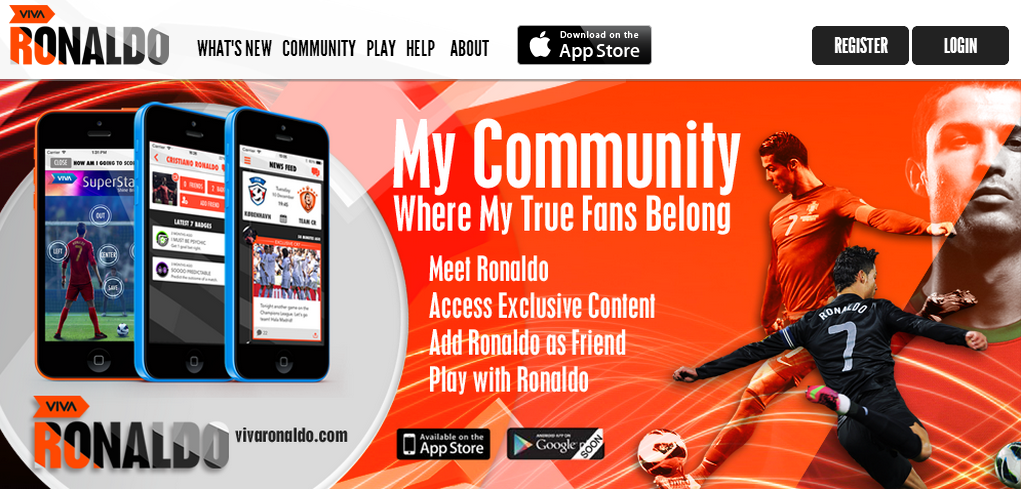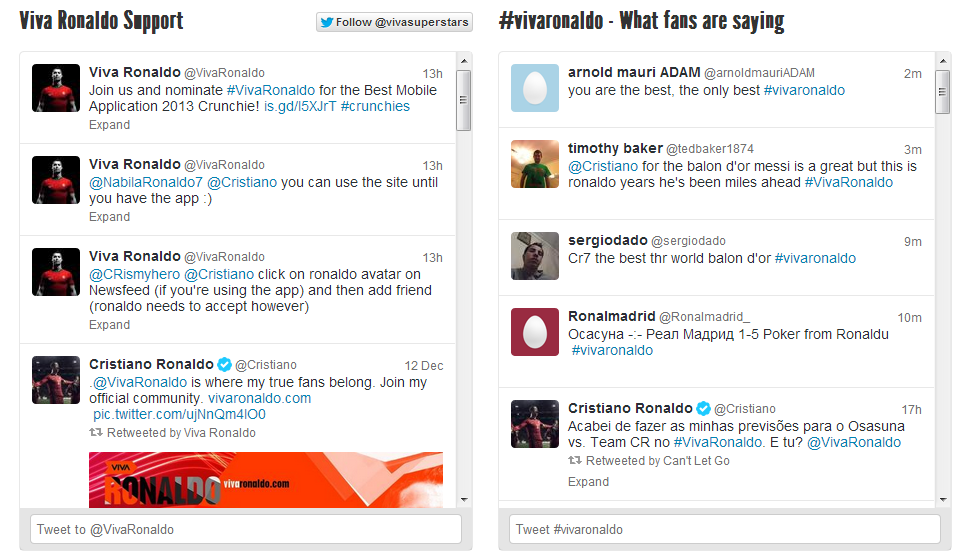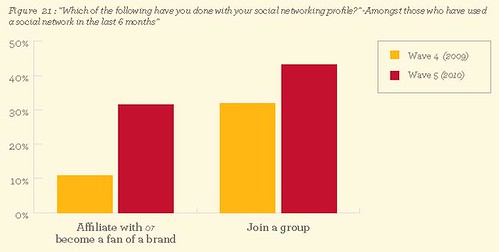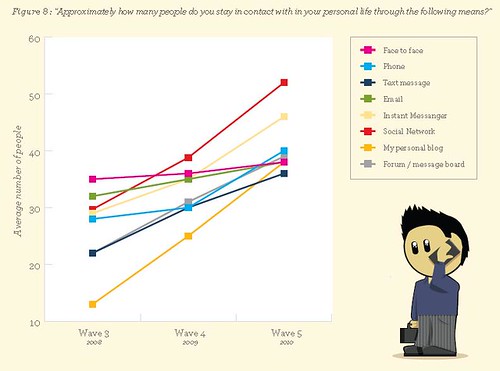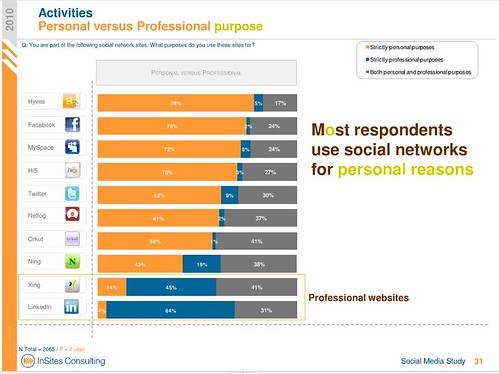The Norwegian Armed Forces have launched a Facebook-like social network to recruit 17-year olds. The site called Futurebook is made up of 60,000 members that the Armed Forces added to the social network without their permission. The 17-year olds recently received a mysterious letter in which they were invited to some sort of fictitious reunion party. Among other things, the letter that promoted the site stated that “There are thousands of new photos published and maybe you’ve been tagged in some of them”.
The letter included user name and password and once the teenagers logged in to the site, they found that they already had a profile with their name, birth date, location and a friend list of about 20 people, but all other information was fake. Even comments from friends were fake:
“Anyone going to Roskilde this year? Had been cool with a camp for people who actually know how to raise a tent”.
Even the friends lists are populated with friends the teenagers don’t really know.

As you would expect, this creative idea didn’t sit very well with the target group. As one mother told VG.no:
– They steal your name. On other sites such as Facebook or Nettby, you would be thrown out for posting a fake profile.
Then she sums it up perfectly:
– We try to teach our kids that they should be careful online and then they get this thing thrown in their faces. It looks like they’ve published the profiles themselves but at the bottom in tiny letters it states that this is fictitious, says June Beth Rovik.
Based on the comments about Futurebook on Twitter and on blogs,the site seems to create a significant amount of negative reactions. Many react to the fact that birth details for example are published and open for all members to view.
In my view the campaign certainly did start off on the wrong foot by registering 60,000 teenagers without asking them for permission. There is enough pressure on teenagers today to manage their identity online and keep unwanted photos and comments off the net. The Armed Forces and their advisors should probably benefit from reading a few books by Seth Godin, the father of permission marketing. Among other things, Godin writes:
“Real permission is different from presumed or legalistic permission. Just because you somehow get my email address doesn’t mean you have permission.”
Just because the Armed Forces could buy the personal details of all 17-year olds in Norway, doesn’t mean that they are entitled (morally) to hijack their identities and then post it online. That’s not the right way to create positive associations to a brand or organization.
Godin again:
“Permission marketing is the privilege (not the right) of delivering anticipated, personal and relevant messages to people who actually want to get them.
It recognizes the new power of the best consumers to ignore marketing. It realizes that treating people with respect is the best way to earn their attention.”
Creating an opt-out social network just seems to be a really really dumb idea, especially when the target group is teenagers.
Tags: norway, facebook, army, futurebook, norge, facebook. Ping.
